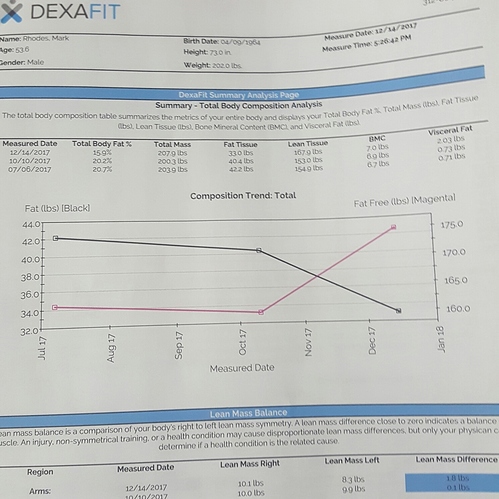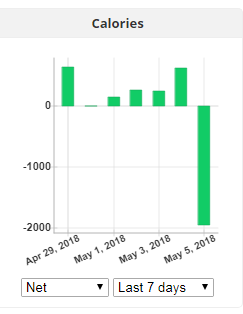I believe ~65 mg/dl blood glucose is the likely sweet spot for maximizing the ratio of growth hormone to cortisol though I need to find the paper with that result. I think it was on healthy college students and it probably doesn’t represent perfectly what happens in the elderly, obese, diabetic, etc.
Glucagon is the primary fast acting hormone to raise blood sugar, primarily by stimulating the liver to dump glycogen. Epinephrine also is a fast acting hormone mainly triggered by acute stress. As the liver glycogen becomes depleted there is a shift to slower acting hormones, growth hormone and cortisol. Cortisol is also a stress hormone and if chronic stress is high you will have a lot of cortisol even at higher blood sugar levels and probably keeping blood sugar from dropping into the sweet spot for GH. In the absence of stress GH kicks in more strongly than cortisol at first as blood sugar becomes mildly low. GH is catabolic for fat stimulating release of fatty acids supporting a low level of gluconeogenesis, but GH is anabolic with respect to protein and it limits access to amino acids which support a much faster rate of gluconeogenesis. As blood sugar drops lower there is still GH but cortisol starts ramping up. Cortisol promotes the break down of protein, especially muscle, to maximize gluconeogenesis and keep blood sugar from dropping critically low.
So ideally in a weight loss phase one wants relatively stable, low normal blood sugar, say 65 to 75 mg/dl through the day such that overnight GH will kick in robustly without getting swamped in cortisol. At dawn cortisol naturally ramps up to kick start our day with a little more energy and my goal is trying to maximize the ratio of GH to cortisol to stay more anabolic. Something I recently started playing with is measuring my blood sugar whenever I wake up at night to pee and first thing in the morning. I’ve been mixing up a little BCAAs plus some whey, glycine, cinnamon and stevia for palatibility and drinking it when I take my blood sugar. I don’t consistently wake at night, sometimes waking early or late and recently have often been sleeping through til dawn when not sick all of which makes it hard to sort out my response and optimize the result. If only it were cheap and easy to do continuous glucose monitoring - and then maybe add a computer controlled IV drip…




